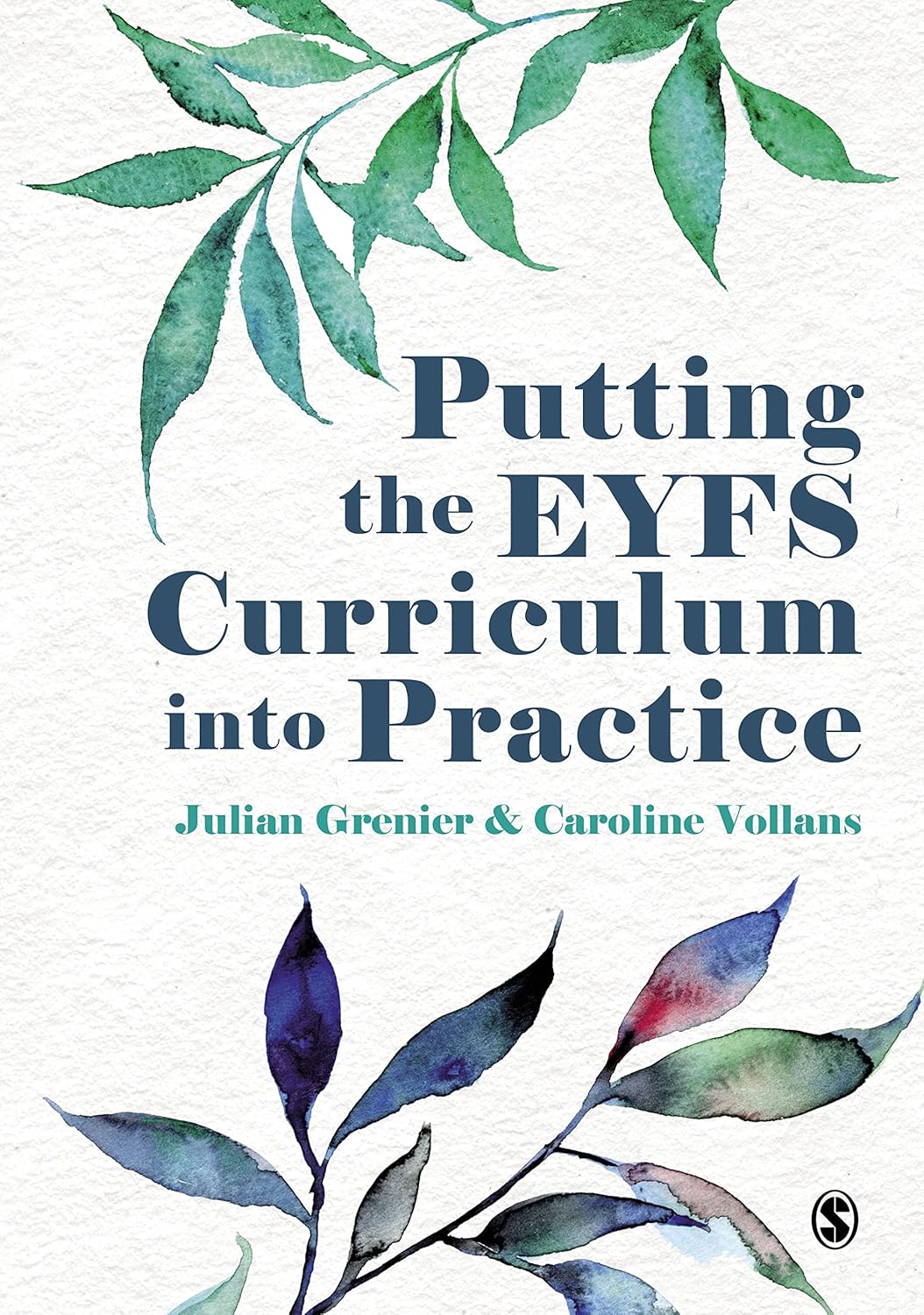About this deal
All of this, of course, also fits very well with the focus on curriculum and pedagogy within the new framework. Effective practice has always been about owning your own curriculum decisions and pedagogy. Following a framework or intervention blindly without understanding the ‘why’ doesn’t tend to end well. By starting with a focus on child development and effective assessment processes teaching can be underpinned by clear reasoning and understanding. When knowledge of our children effectively informs what happens next, our curriculum and pedagogy become meaningful to both our staff and our children. What are the key things that you’ll need to focus on? Well, there are all sorts of things that will need your attention of course- the importance of language and vocabulary, adult interaction and learning conversations, self-regulation and executive function. That’s without even getting to the idea of curriculum ownership and pedagogy. The early learning goals summarise the knowledge, skills and understanding that all young children should have gained by the end of the academic year in which they turn 5, the reception year.
The Development Matters non-statutory curriculum guidance for the early years foundation stage can help inform your approach to curriculum, putting the educational programmes into practice. Changes to safeguarding and welfare The changes The EYFS Statutory Framework obliges practitioners to provide experiences which are based on children’s interests. Sometimes the children have interests that we feel uncomfortable with. As professionals we need to be able to identify what this is for each of us and then find ways of feeling more comfortable with it. Islington Council’s Engaging Boys leaflet may be helpful to read. The Vivienne Gussin Paley quote below is a timely reminder. Development Matters is the non-statutory curriculum guidance for the new EYFS framework that everyone can use from September 2021. What the changes are Changes to the educational programmes The framework changed on 1 September 2021 and you can find out more below about the changes and how they affect you. Why the changes have been madeThe Department for Education explainsthat ‘Children are defined as having reached a Good Level of Development (GLD) at the end of the EYFS if they have achieved the expected level for the ELGs in the prime areas of learning and the specific areas of mathematics and literacy. This helps teachers and parents to understand broadly what a child can do in relation to national expectations.’ Early years workers, together with families, lay the foundations for young children's futures. Young Children and Racial Justice provides a comprehensive approa Search for: Recent Books This list is not exhaustive and could be added to by your staff team and used as a way of monitoring the quality of interactions in your setting. It is important to know the quality of these interactions as it is the quality that makes a difference to the progress children make. We know this from the EPPE research. Following interests Chapters cover key topics including, assessment, inclusion of children with SEND, English as an Additional Language, equalities, anti-racism, provision for disadvantaged children, professional development and using research and evidence.
Also, the nature of adult relationships is closely linked to self- regulation. If our staff’s main concern is to position themselves behind an I pad then opportunities to support self-regulation through a nurturing, supportive relationship will be missed. As Julian Grenier, the author of the Development Matters document states: It’s easier to navigate, and shorter in word length to allow for more freedom to develop the right broad curriculum for the children you work with.Only 49.1% of children eligible for free school meals achieved the GLD, compared to 68.8% of those not known to be eligible for free school meals. That’s a whopping 19.6 percentage point gap. This book offers a step-by-step guide to implementing a play-based curriculum in Year 1 while fully achieving the National Curriculum objectives. The authors explore the key barriers and common pitfalls that often arise around this crucial transition, and show teachers how to successfully lead children from the Reception stage through Year 1 and to the subject-based teaching beyond. Providing practical advice and guidance for busy teachers, the authors clearly and concisely illustrate their methods with theory, personal stories and colourful photographs from transitional stories they have been a part of. Let Me Be Five shows teachers how to plan the curriculum in a way that builds on children’s experiences in the Early Years Foundation Stage and gives them meaningful contexts for learning. Including real-life case studies and views from parents and teachers, this book will give you the knowledge and confidence to plan a play-based curriculum, based on children’s interests and developmental needs that will enable every learner to thrive. If you are a nursery leader or manager design your curriculum around the new educational programmes, not the early learning goals. If I have not yet learned to love Darth Vader, I have at least made some useful discoveries while watching him play. As I interrupt less, it becomes clear that boys play is serious drama, not morbid mischief. Its rhythms and images are often discordant to me but I must try to make sense of a style that, after all, belongs to half the population of the classroom.
 Great Deal
Great Deal 